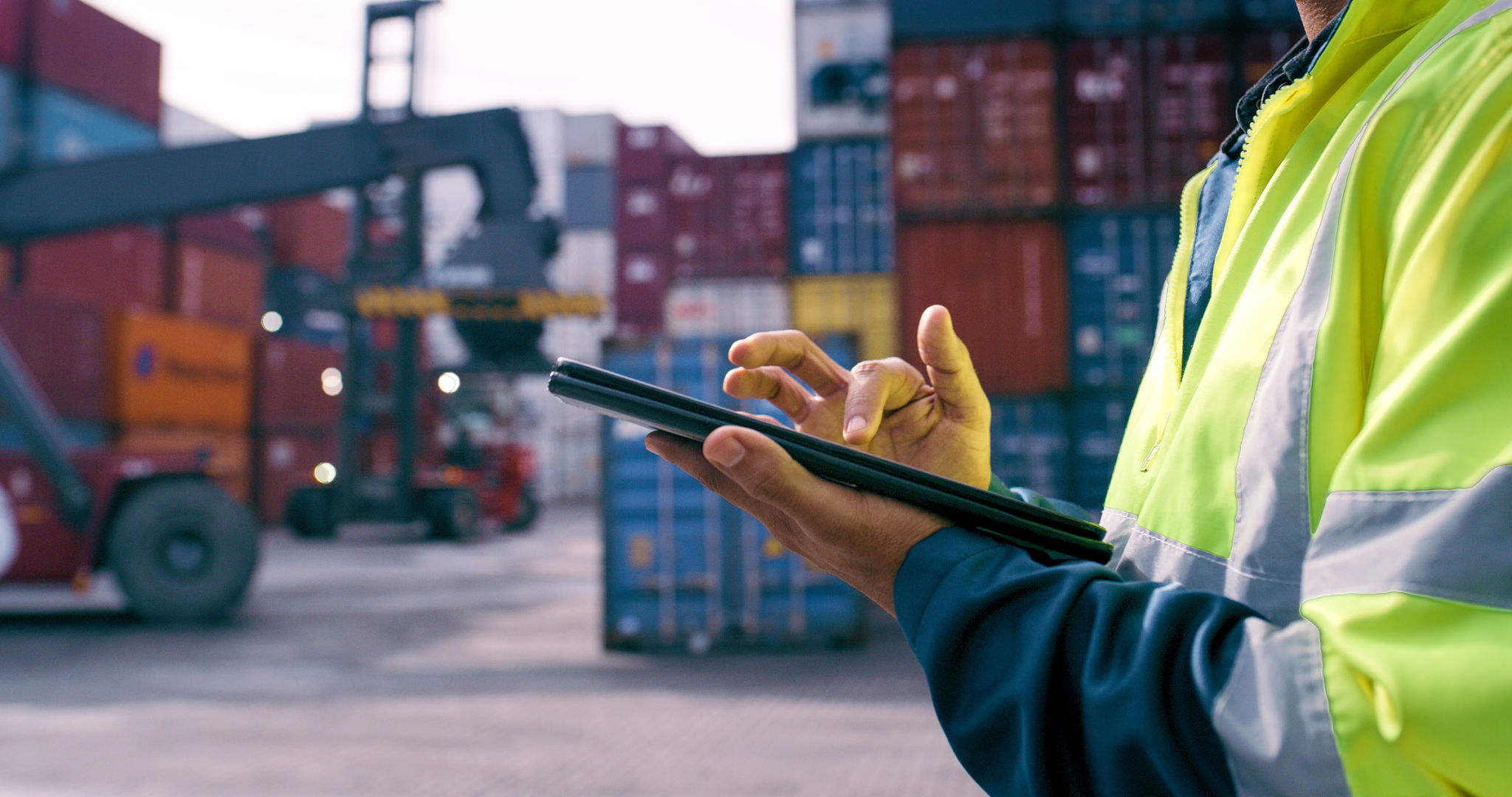How to Navigate the Import Process from Brazil to the US
Understanding the Basics of Importing from Brazil
Importing goods from Brazil to the United States can be a lucrative business opportunity, but it requires careful navigation of regulations and logistics. Understanding the basics is crucial to ensure a smooth import process. Key elements include knowing the types of goods you want to import and understanding their specific import requirements.

Brazil is known for its rich array of products, including agricultural goods, textiles, and technology products. Each category may have different regulatory requirements, so it's essential to research and understand these before proceeding. Familiarize yourself with the Harmonized Tariff Schedule (HTS) codes, as they are necessary for determining duty rates and ensuring compliance with U.S. customs regulations.
Complying with U.S. Import Regulations
Before importing, make sure your goods comply with U.S. import regulations. This involves checking if the products are permissible under the U.S. Customs and Border Protection (CBP) guidelines. Some products may require special permits or certifications, such as agricultural items needing phytosanitary certificates.
It's also vital to understand labeling requirements and any restrictions or quotas that might apply to your goods. Non-compliance can lead to delays, fines, or even seizure of goods. Consulting with a customs broker can be a wise investment to ensure that all regulatory requirements are met.

Choosing the Right Shipping Method
The shipping method you choose will significantly impact the cost and timeline of your import process. Options include air freight, ocean freight, or express courier services. Each has its pros and cons, depending on the urgency and volume of your shipment.
Ocean freight is generally more cost-effective for large shipments, while air freight is faster but more expensive. Express couriers offer speed and convenience for smaller packages but at a premium price. Consider these factors and choose the method that best aligns with your business needs and budget.
Managing Import Costs
Importing goods involves several costs beyond the purchase price of the items. These include shipping fees, insurance, duties, taxes, and handling fees. To manage these costs effectively, it's crucial to get accurate quotes from shippers and brokers and factor them into your budget.

Insurance is an essential component of import costs that should not be overlooked. It protects your investment from potential losses due to damage or theft during transit. Additionally, understanding duty rates for your specific product category helps in accurately estimating total import expenses.
Working with a Customs Broker
Partnering with a customs broker can simplify the import process significantly. Brokers are experts in navigating customs regulations and can help ensure that all necessary documentation is correctly filed. They can also assist in calculating duties and taxes, ensuring compliance with U.S. regulations.
While it is possible to handle imports independently, working with a professional can save time, reduce errors, and mitigate potential risks associated with international trade. This partnership allows you to focus on other aspects of your business while leaving the complexities of customs clearance to experts.

Final Thoughts
Successfully importing from Brazil to the United States involves a combination of research, planning, and compliance with regulations. By understanding the basics, complying with necessary regulations, choosing the right shipping methods, and managing costs effectively, businesses can tap into new markets and expand their product offerings.
Whether you're new to importing or looking to enhance your current operations, these guidelines provide a solid foundation for navigating the import process from Brazil to the US efficiently and effectively.